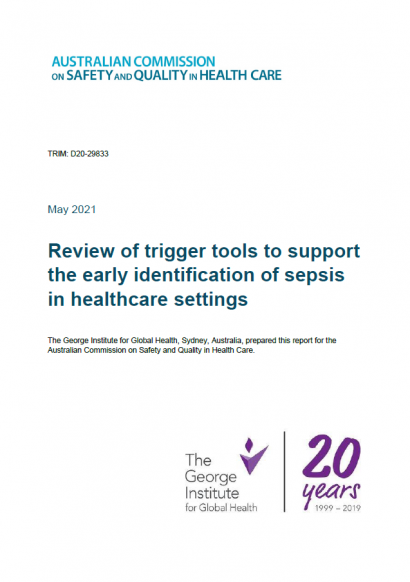The resources below support pathology workforce, pathology practices and accrediting agencies by providing guidance on the NPAAC accreditation materials including the standards
The National Pathology Accreditation Scheme (NPAS) accredits Australian pathology laboratories.
The Commission is reviewing the Diagnostic Imaging Accreditation Standards and Scheme to improve the safety and quality of patient care.
Accreditation provides assurances to the community that healthcare services meet the expected standards for safety and quality. It is a formal program where trained independent reviewers assess evidence of implementation for specified standards.
Good health information is important and can help you make informed decisions. These resources contain tips to help consumers find good health information online.
These case studies are designed to assist health services on the journey to embed person-centred care and consumer partnerships.
The Safety and Quality Advice Centre (the Advice Centre) provides support to health service organisations, assessors and accrediting agencies on the implementation of Safety and Quality Standards and accreditation assessment requirements under the Australian Health Service Safety and Quality (AHSSQA) Scheme.
The Commission has developed a range of resources to support hospitals measure safety culture.
Hospital management’s role in patient safety culture. What are the benefits of using measurement of patient safety culture to improve the care you provide.
The Commission delivered consultations to develop the requirements for the National One Stop Shop and the National Clinical Trials Front Door, on behalf of the Australian Government Department of Health and Aged Care, in partnership with all jurisdictions via the Clinical Trials Project Reference Group.




